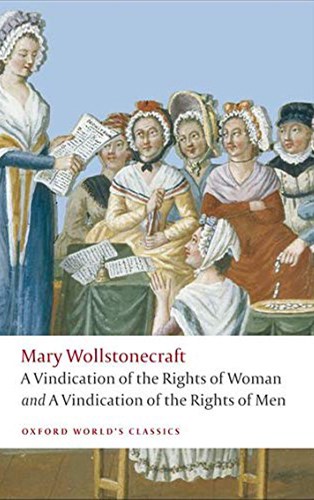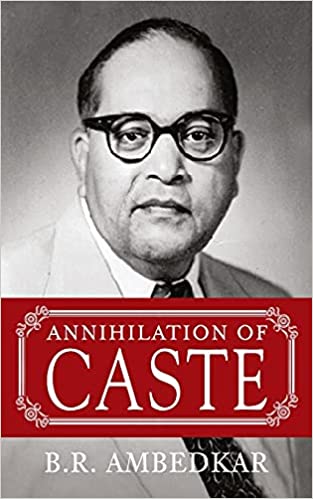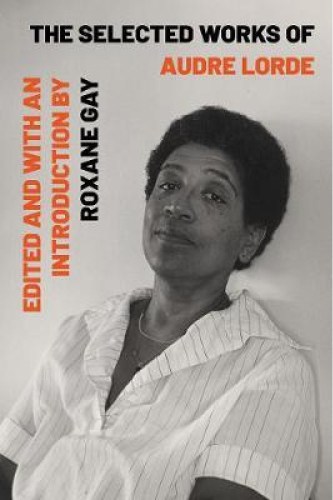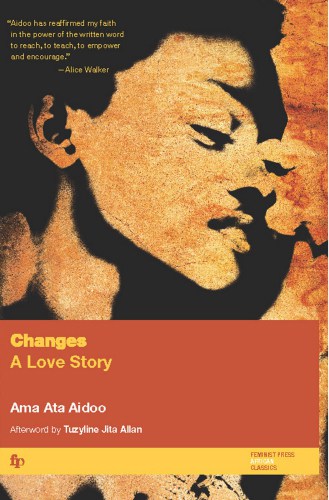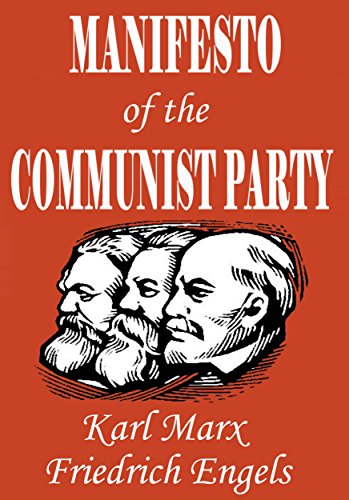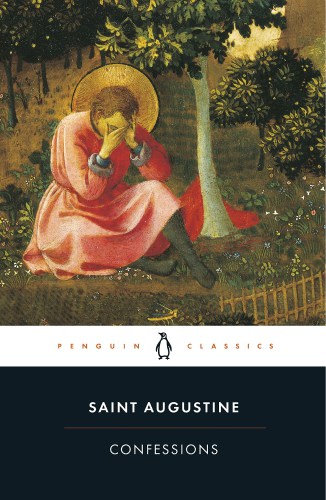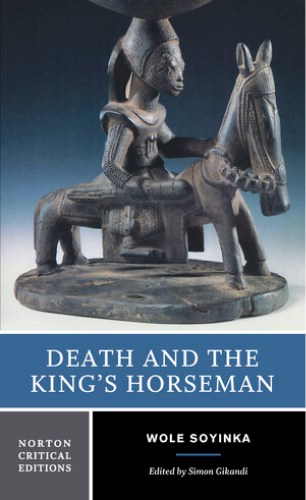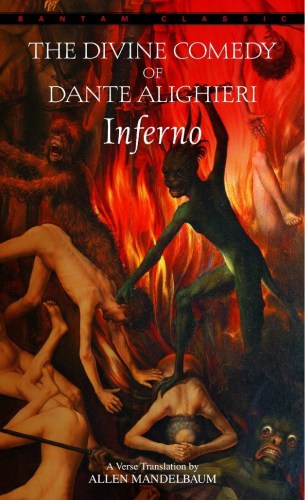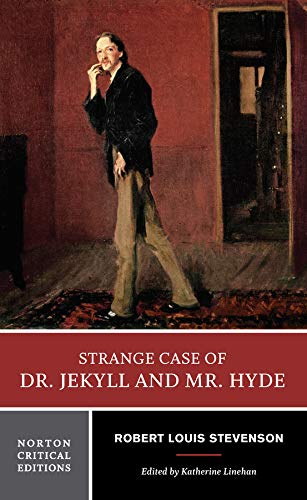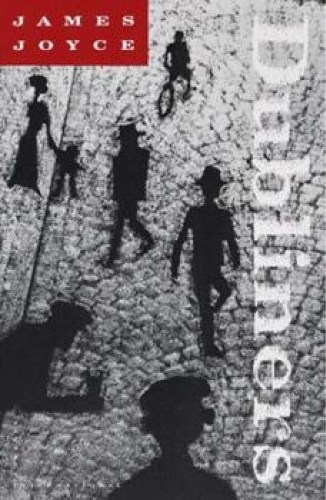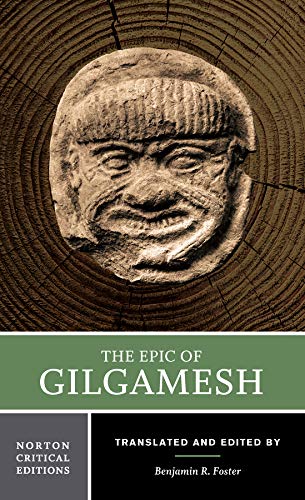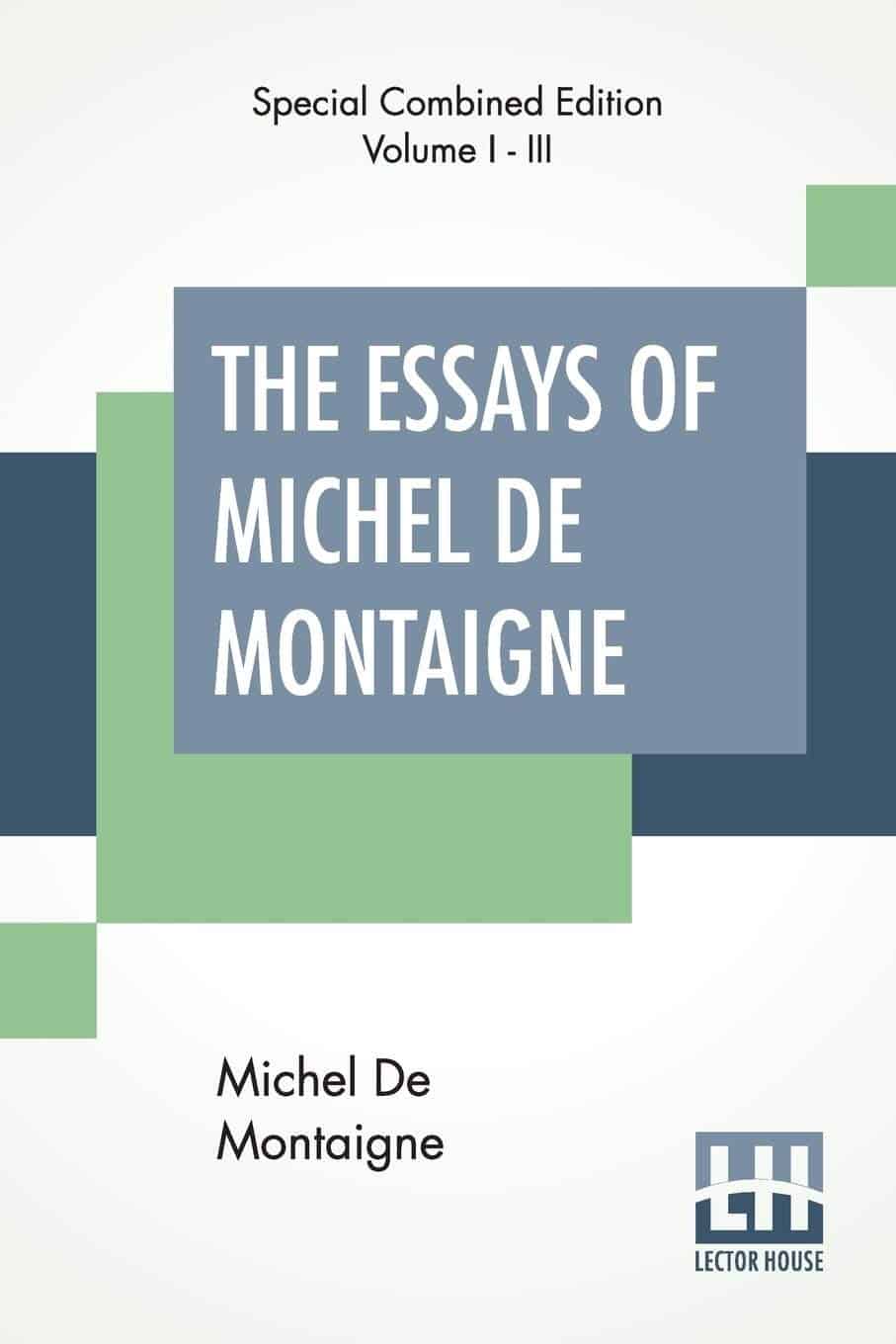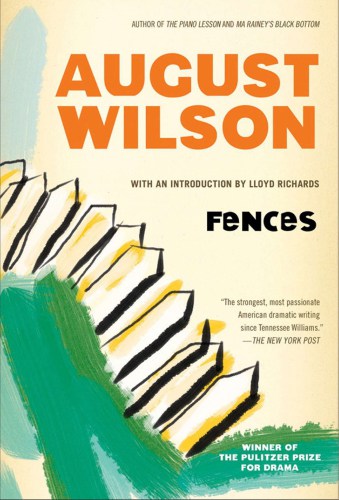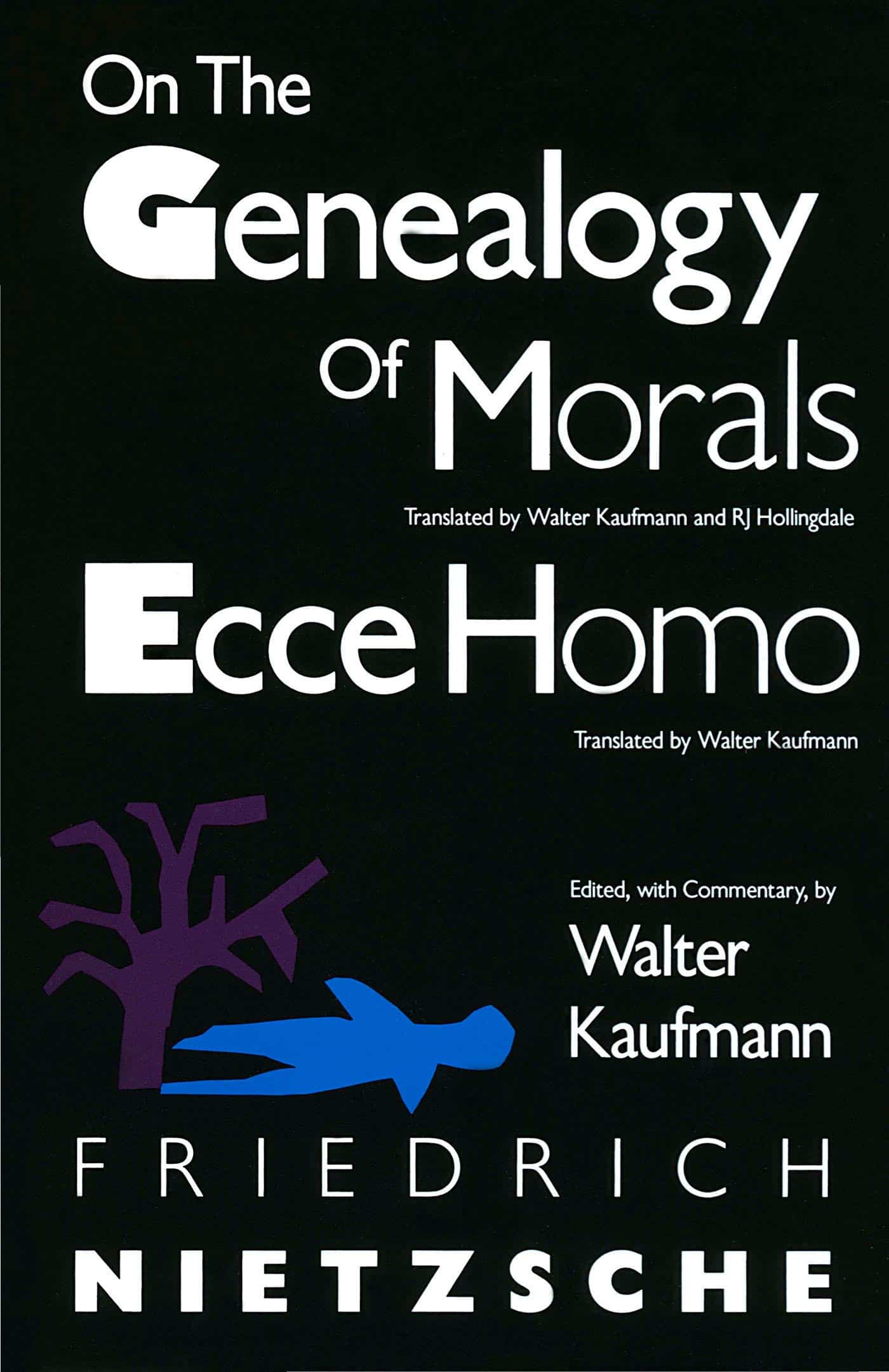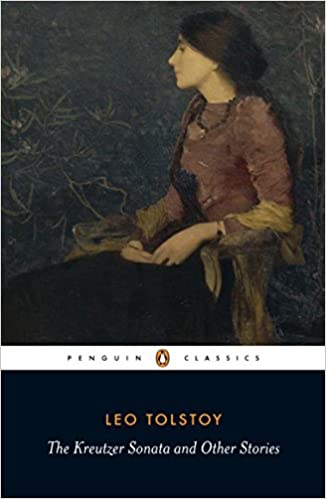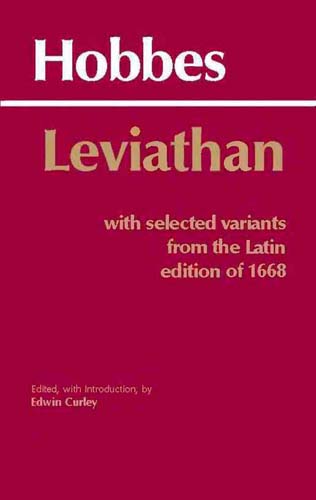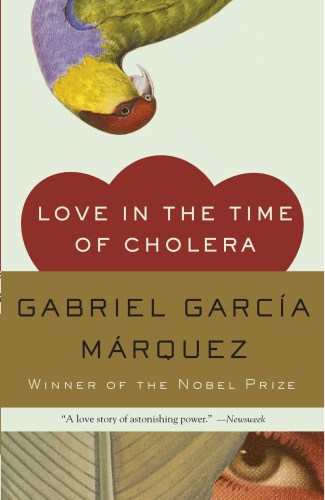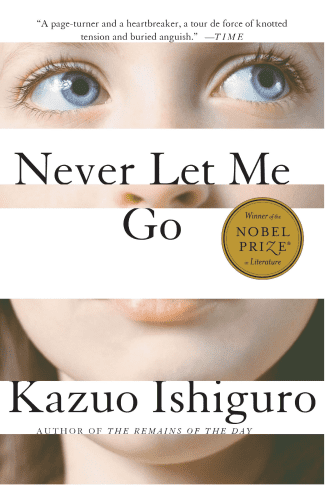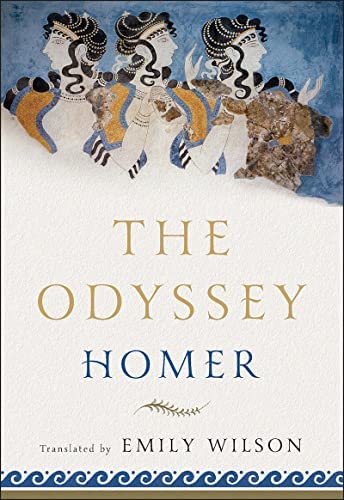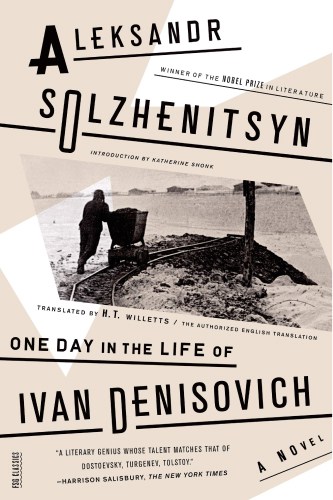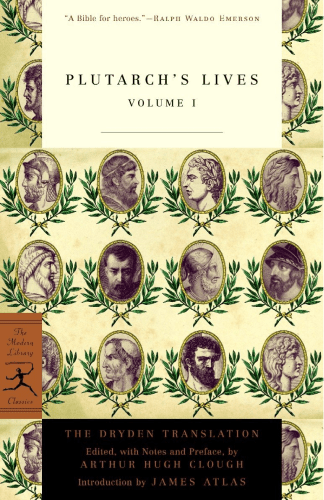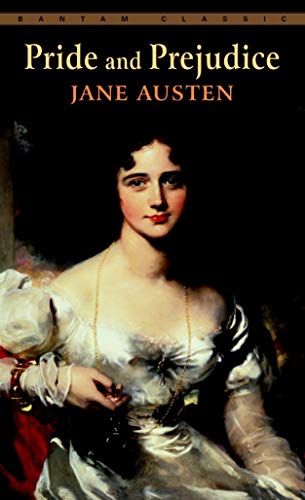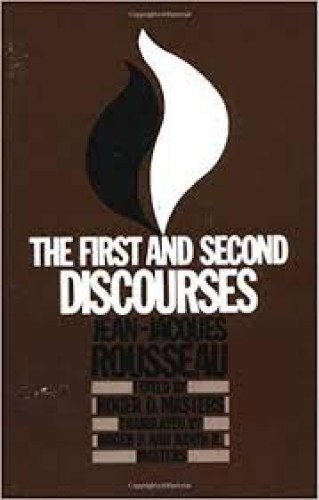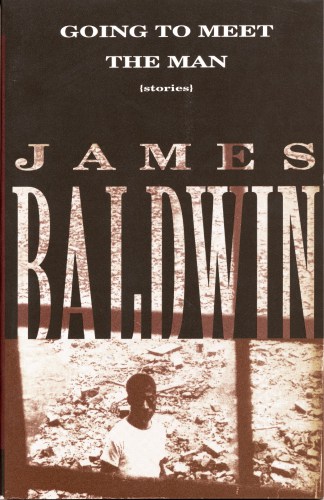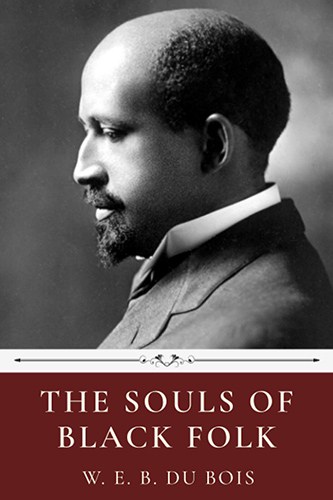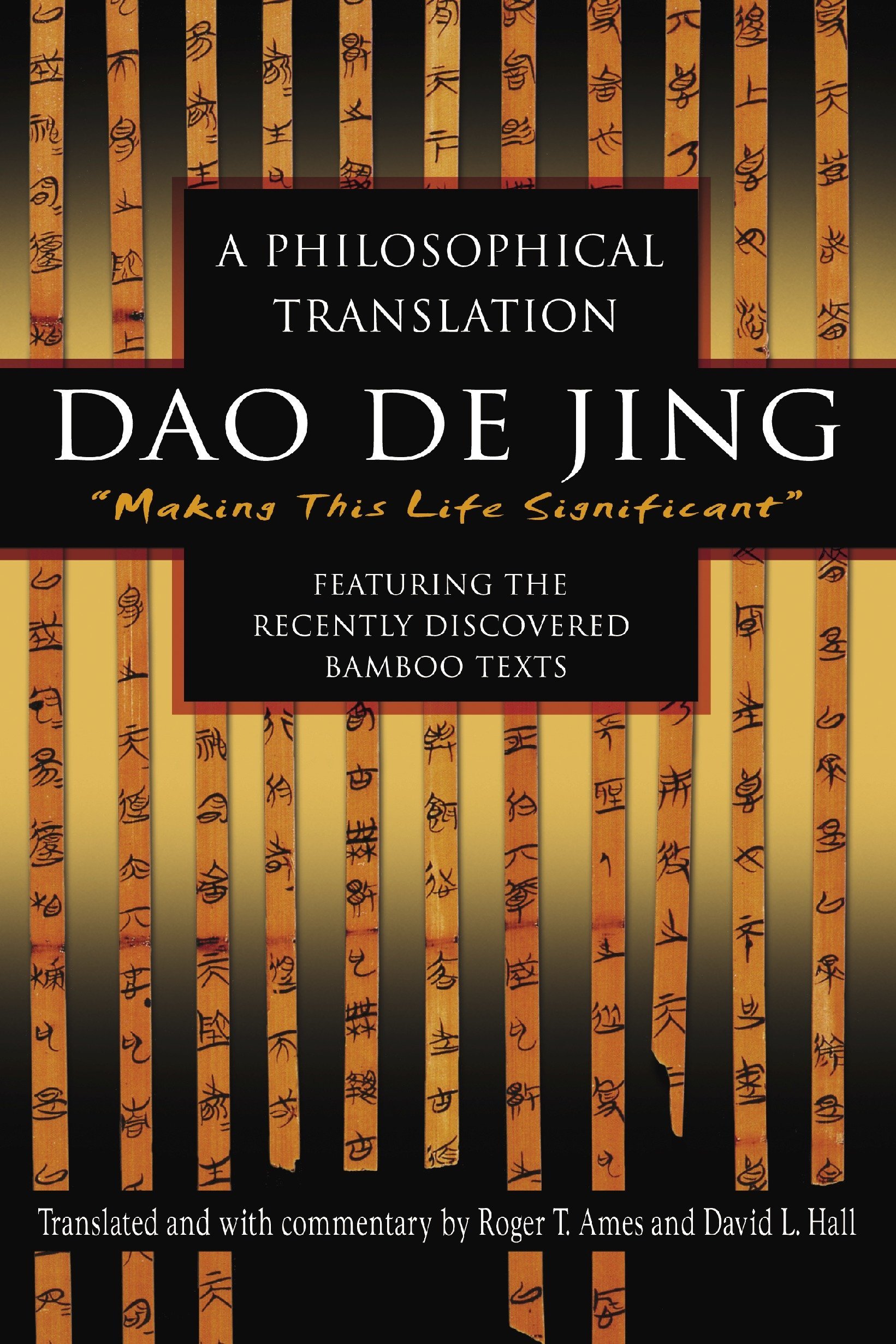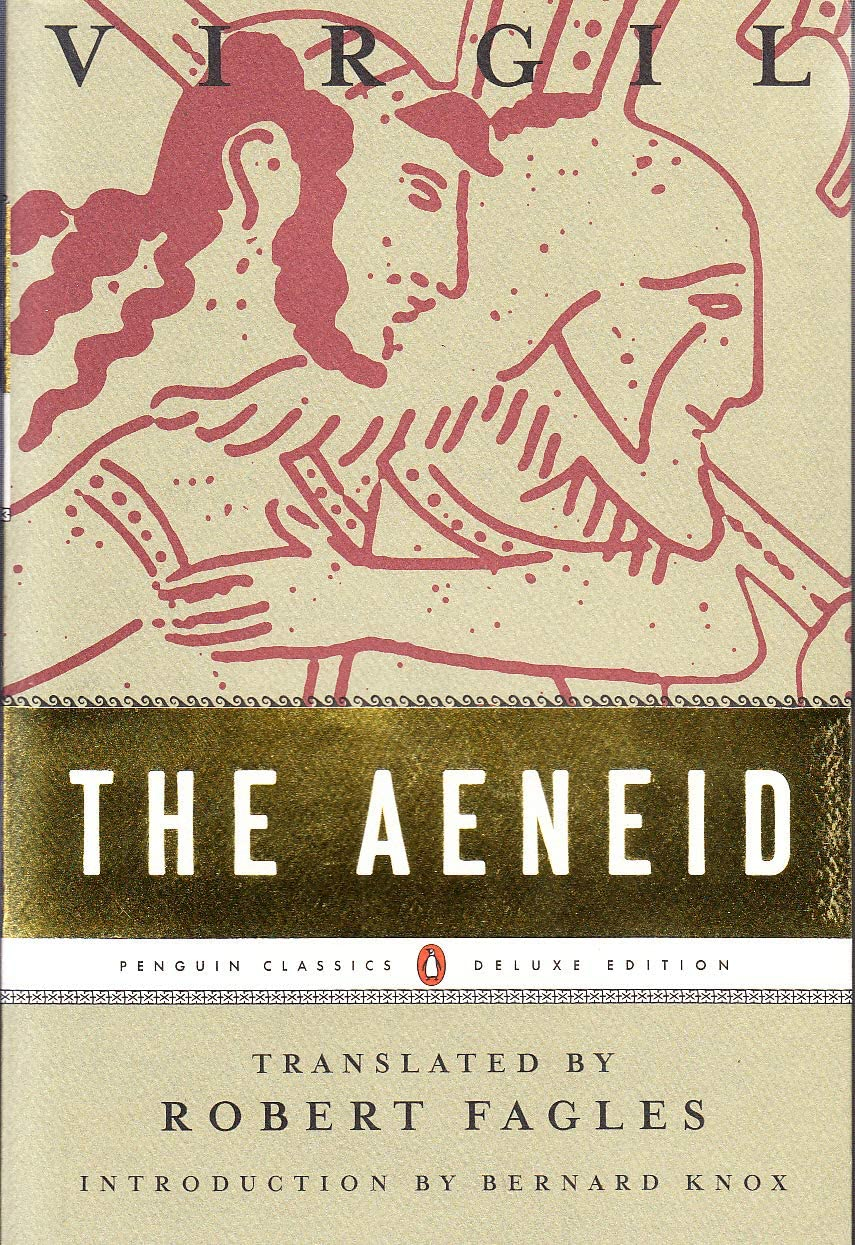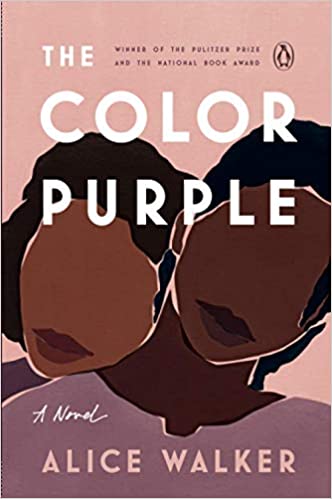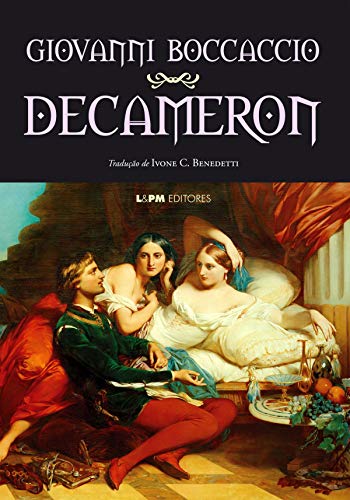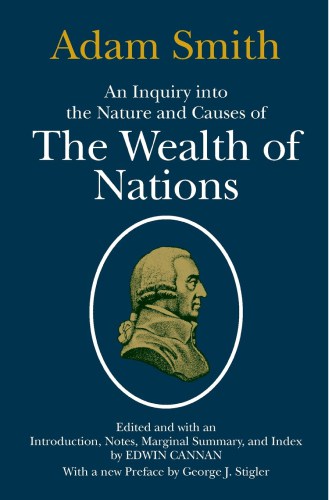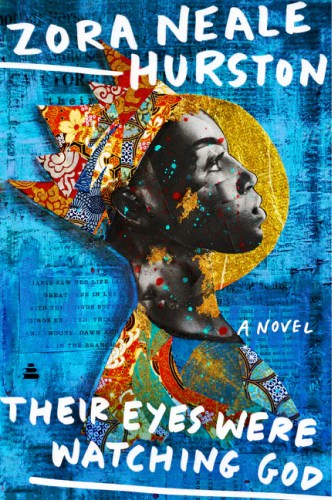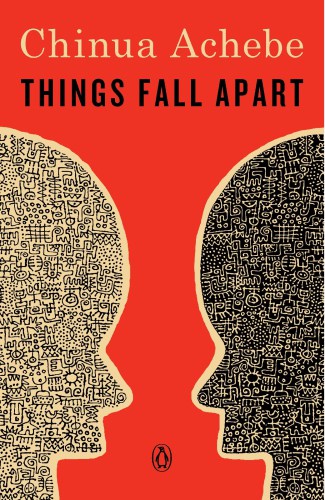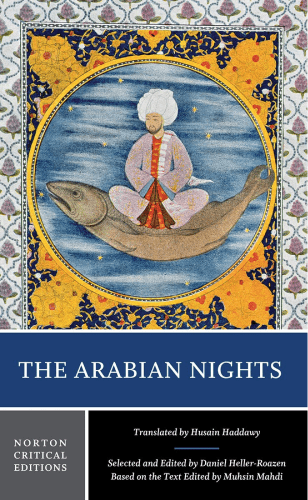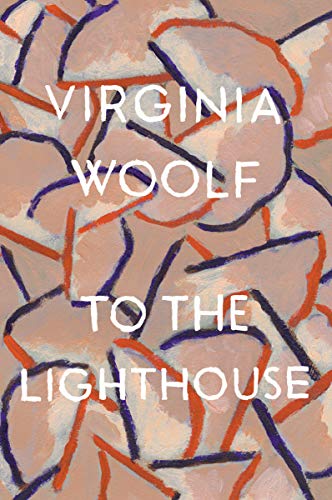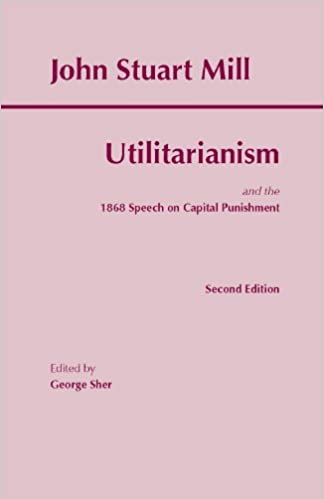Soyinka was the first African writer to win the Nobel Prize for literature, awarded to him in 1986. He is an author with remarkable range, having published plays, poems, novels, stories, memoires, and essays. He is equally renowned for activism, especially his opposition to military dictatorships. He spent two years in prison during the Nigerian Civil War, and in 1994 escaped from the brutal regime of Nigerian dictator General Sani Abacha who sentenced him to death in absentia. He currently moves between homes in the United States and Nigeria. A brief introduction to Soyinka’s activism can be a good way to engage students, but the transformative power of the play transcends any particular political and cultural context. Who am I, and how is my identity shaped by my culture/religion/political structures? Do I choose my identity, or is it imposed on me? How do we face death, and who determines what is a good life, or good death? How do communities create and transmit meaning, and is it possible to arbitrate between different cultural claims? What is justice, and what is honor?
